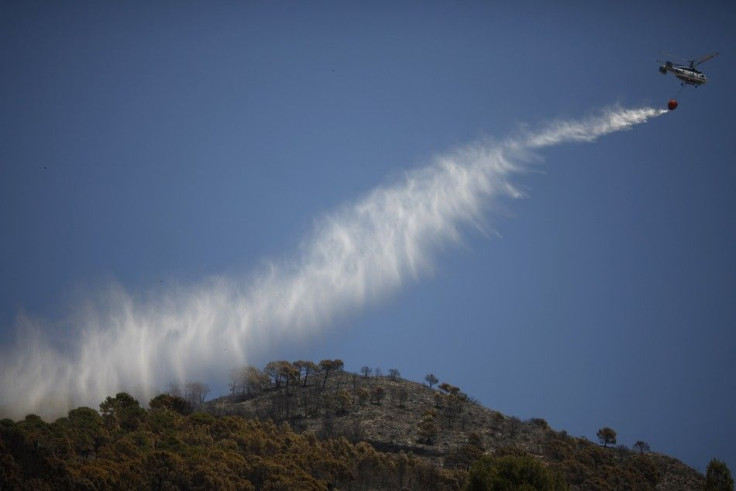Amazon Deforestation: A Tenth Of Tree Lost In Past 50 Years, Drastic Impact On Climate Change

A new study funded by the Natural Environment Research Council has revealed that nearly a one tenth of plants and trees in the dense Amazon rain forest has been lost in the last five decades. The researchers have blamed the human activities for the eradication of the natural flora.
Jean-François Exbrayat and Mathew Williams, researchers from the University of Edinburgh have revealed that the loss of trees has led to an increase in the total percentage of carbon dioxide in the atmosphere. The rise in the gas has further contributed to the global climate change. However, the study also revealed how the total increase in the atmospheric carbon due to Amazon deforestation is still little as compared to the increase because of the burning of fossil fuels.
If study by the researchers at the university’s School of GeoSciences further reveals how the Amazon would have been able to sustain 12 percent more carbon if there was no deforestation due to human intervention. The research, for the first time, reveals how human activities affect the Amazon's ability to store atmospheric carbon.
During the study, the researchers developed virtual models to understand how the structure of the Amazon rain forest has changed over the past 50 years. Using the data from the models, the researchers then analysed how, over a period of time, the dense forest has slowly started to lose its ability to store carbon. In addition, the researchers have also warned that Amazon deforestation also impacts the flora and fauna in the area, and may lead to extinction of many species of animals and plants.
“Our study indicates that the impact of large-scale deforestation on the Amazon carbon balance has been partially offset by ongoing regrowth of vegetation, despite sustained human activity. Overall, our results provide a baseline to better understand the global carbon cycle,” said Exbrayat, reported Techie News.
The study has been published in the journal Geophysical Research Letters.
To report a problem or to leave a feedback on the article, send an e-mail to emailtoguneet@gmail.com.






